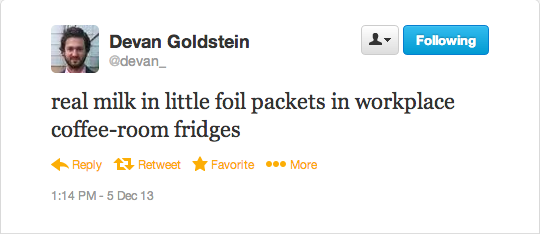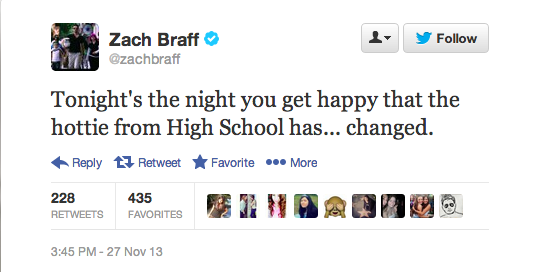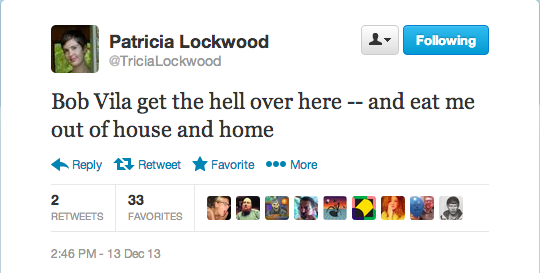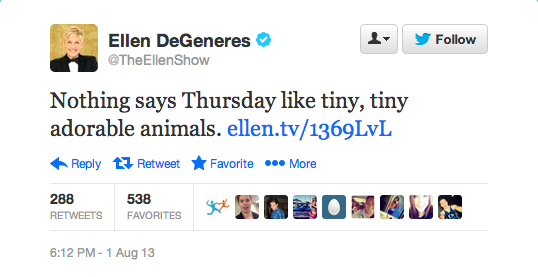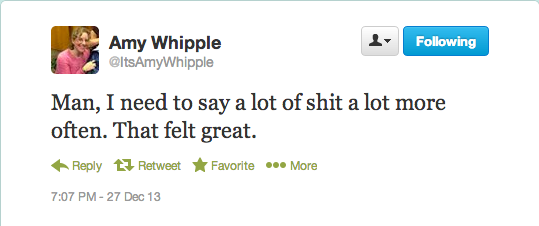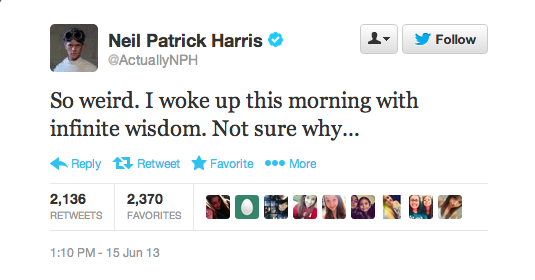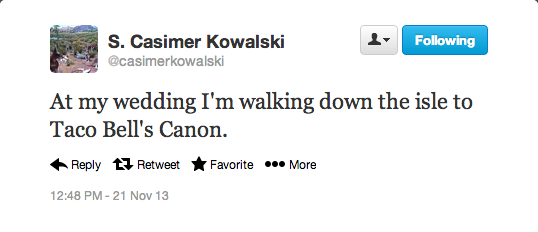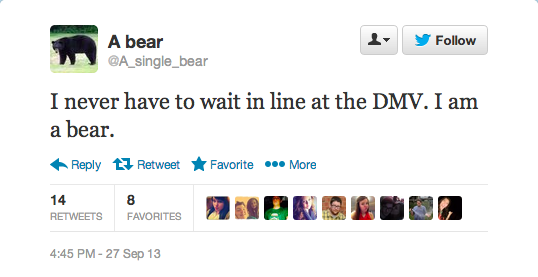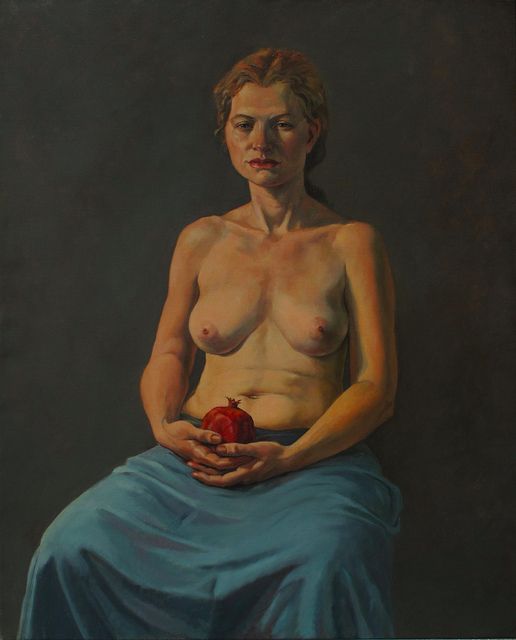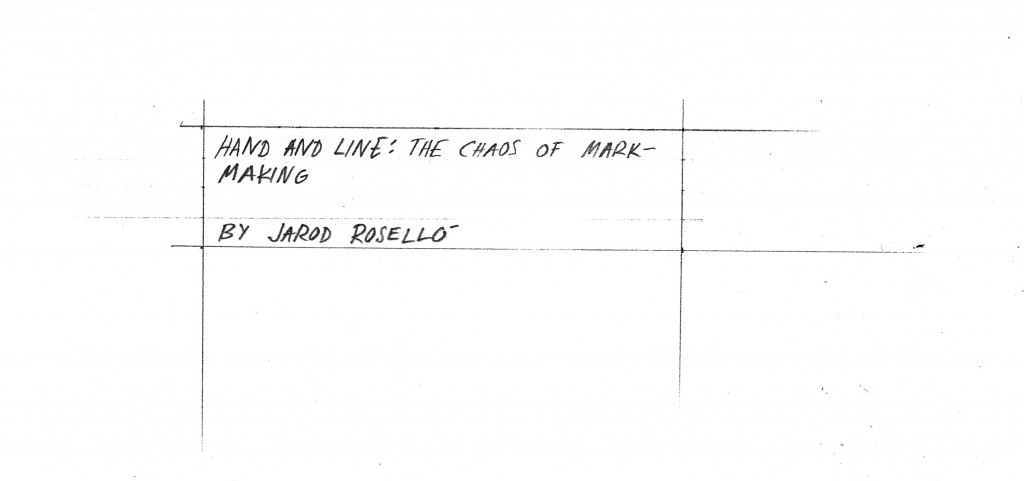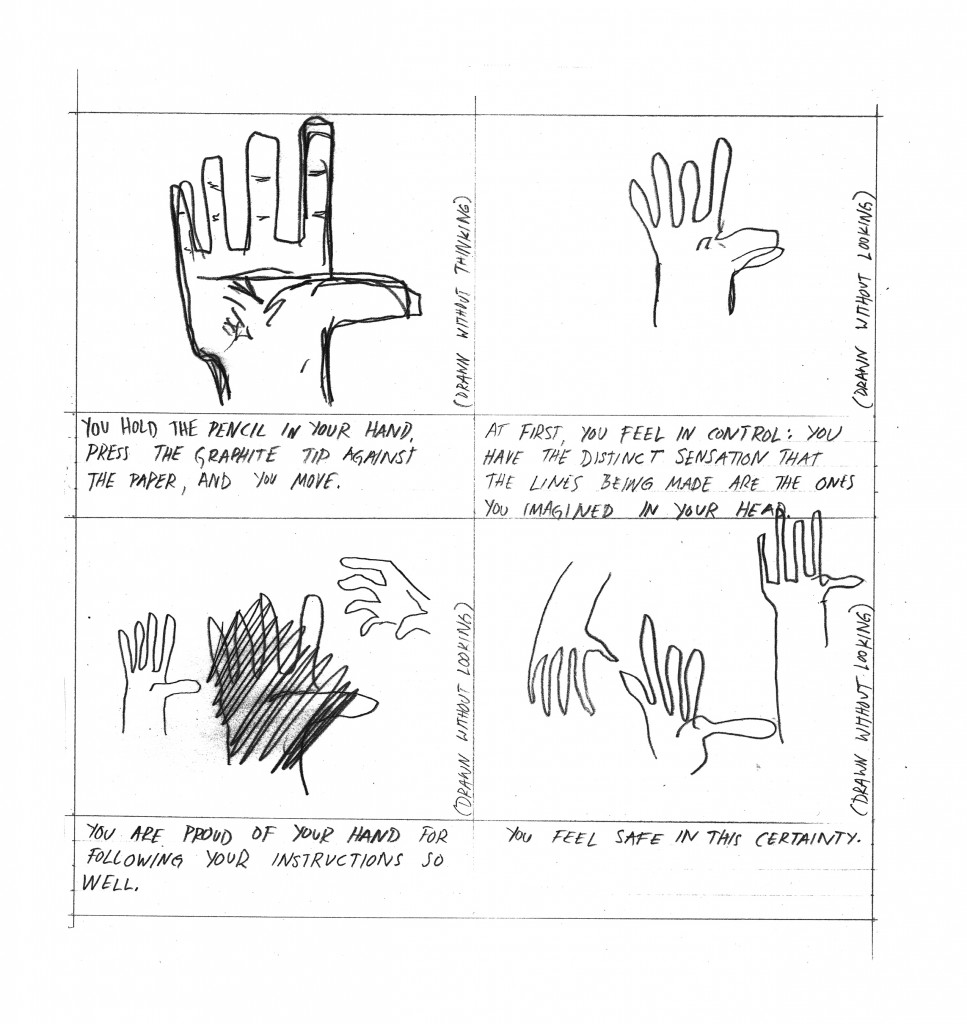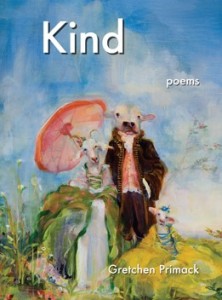Lyric prose meditations that play with elements from evangelical Christianity, Buddhism, yoga, reiki, Tarot and “weird voodoo shit.
~by Cindy Clem
I.
Opening exercise [Standing meditation]: Stand, feet planted, arms by your sides, palms forward. Breathe. Breathe up earth. Breathe into your feet worms, dirt, the many-legged things that move under rocks. Let them crawl and smear. Let them creep their way to your core. Now, breathe down. Breathe down from the sun molten tongues. Breathe into your brain the flames. Let them lick. Let them speak. Let them carry their words down the spine for the worms to eat. Breathe. Hear the life force munching.
II.
Today’s Scripture comes from the book of Isaiah. Not today the wings of eagles, mind you. Not today the beautiful news on good mountain feet. I, even I, am He who comforts you. Who are you that you should be afraid of a man who will die, and of the son of a man who will be made like grass? 51:12, NKJV
And so let us reflect and learn. Pronouns abound in this tricky verse. I, even I, am He. Who are you?
Even I, believe it or not?
Even I, who am not prone to giving comfort?
Even I–yes, really, it’s me, remember me?
Why not a simple, “I comfort you” or “There, there”? Because Even I is a poet. Even I relishes language. Even I is all Self, all He.
Who are you? Who is this man, this man like grass who will die? The man of Tao, says Chuang Tzu, remains unknown. No-Self is True-Self, and the greatest man is Nobody.
Even I to No-Self: “There, there. That man who’s eating your back with his whip will die someday. Rejoice!”
Grass sprouts from the dead, who send forth their blades under our feet. This is what happens when your God is so…God-like. He is all perspective, all terrifying calm distance.
I, even I, am He. Wholly unto Me. Selah. Verily.
III.
Closing affirmation: No One is made like grass. Nobody floats like an eagle on the wings of the comforting He.
***
Cindy Clem received her MFA in poetry in 2005 and has been writing non-fiction ever since. Her poems and essays have appeared (magically!) in Mid-American Review, The Normal School, Prairie Schooner, Memoir (and), Superstition Review, The Interrobang, Spittoon, and Michigan Quarterly Review (forthcoming).
![[PANK]](https://pankmagazine.com/wp-content/themes/pank/assets/images/pank-logo-large.png)

